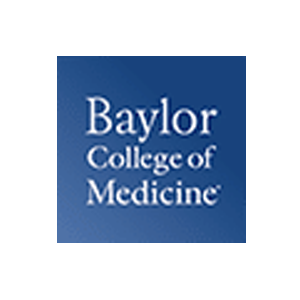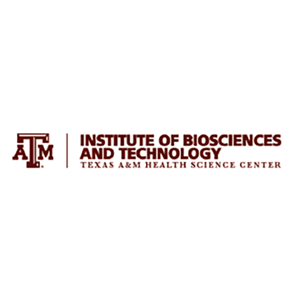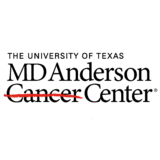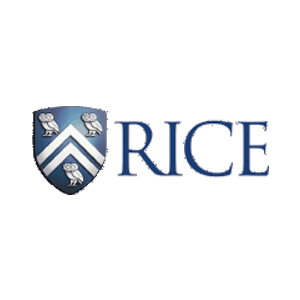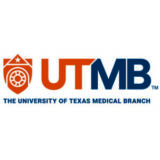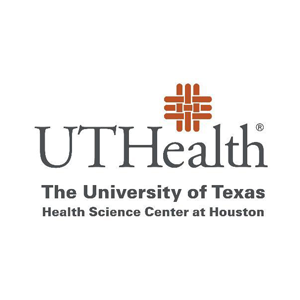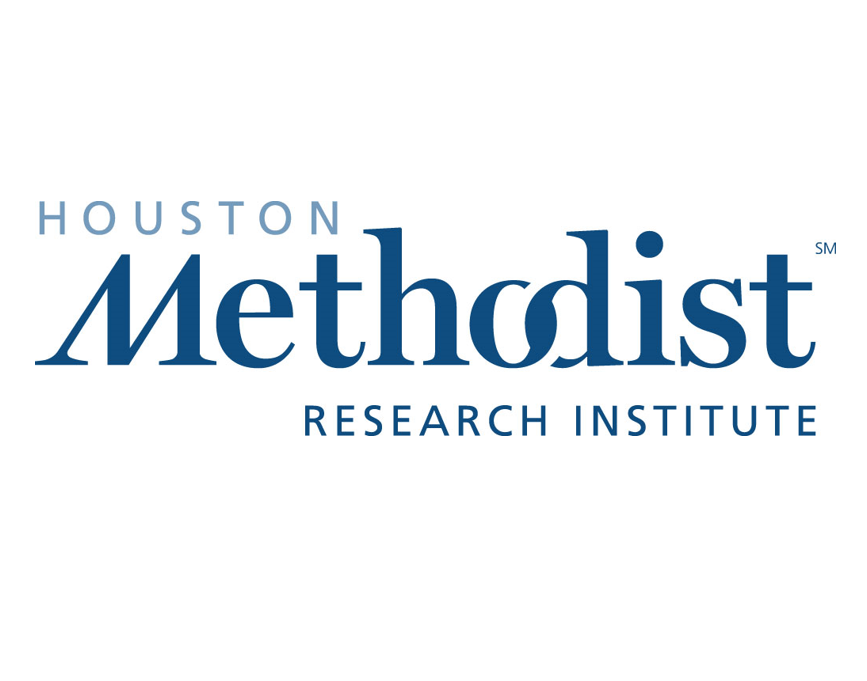Research Mentor Training
The laboratory environment and the quality of mentoring a predoctoral student experiences are important factors and have direct effects on the student’s success in graduate school, in completing a PhD degree in a timely manner, and in transitioning to a career as a research scientist. With the new 2025 NIH guidelines for institutional training grant applications, there is an increased emphasis on defining expectations on mentoring and articulating those in grant applications. For more detailed information on Mentor Training from PA-25-168, click here.

Since 2010, the GCC has been a leader in offering Research Mentor Training workshops, not only for faculty but also for postdoctoral fellows and graduate students, in order to broaden the exposure to good mentoring skills in the lab community. This evidence-based and well-received workshop is designed for participants to develop skills and insight in mentoring graduate students and fellows and to provide the opportunity for interactions and discussion between mentors at different institutions and in different disciplines. All faculty, postdoctoral fellows, and graduate students from GCC member institutions may attend at no charge and receive a certificate of completion. In most cases, this evidence-based workshop satisfies departmental or T32 recommendations or requirements.
GCC mentoring workshops are distinct in that both participants and facilitators are from a variety of GCC member institutions. The interinstitutional collaboration of these trainings provides a unique opportunity to build strong mentoring networks for students, fellows, and faculty.
All mentoring workshops and refreshers are facilitated by CIMER-trained facilitators.
 Questions or for more information on Mentor Training, contact Vicki Alger, Certified Facilitator for CIMER, GCC Training Administrator and Evaluator.
Questions or for more information on Mentor Training, contact Vicki Alger, Certified Facilitator for CIMER, GCC Training Administrator and Evaluator.
GCC Research Mentoring Workshops are offered 3-4 times a year. This important workshop helps participants to develop skills and insight in mentoring. It is specifically designed for those who mentor young scientists in the biomedical sciences.

Topics include
1) maintaining effective communication,
2) addressing equity and inclusion,
3) aligning expectations,
4) promoting mentee self-efficacy,
5) fostering independence and promoting professional development.
Foundational Research Mentor Training – for Faculty
-
December 5, 2025 – in-person
-
February 12, 2026 – in-person. Registration link
Questions or for more information on Mentor Training, contact Vicki Alger, Certified Facilitator for CIMER, GCC Training Administrator and Evaluator.
Mentoring Refreshers. These 90-minute online sessions are held monthly during the lunch hour and highlight topics included in the Foundational Research Mentor Training workshops. NOTE: It is strongly recommended that attendees complete a Foundational Mentor Training workshop or equivalent before participating in the Mentoring Refreshers.
Refreshers for Spring 2026:
-
Jan 21 – Effective Communication: Key to Collaboration and Success. Facilitated by Donna Pattison, PhD (UH) and Vicki Alger, MA (Gulf Coast Consortia). Registration link
-
March 5 – From Confusion to Clarity: Assessing Understanding of Scientific Research. Facilitated by Virginia Rangel, PhD (UH) and Vicki Alger, MA (Gulf Coast Consortia). Registration link
Questions or for more information on Mentor Training, contact Vicki Alger, Certified Facilitator for CIMER, GCC Training Administrator and Evaluator.
Mentor Training for PhD Students and Postdocs. These all day, in-person sessions help mentees learn to proactively manage their mentoring relationship. Each workshop is specifically geared for the unique challenges faced by PhD students and Postdocs in biomedical research. Mentoring Up for PhD Students is held annually in May. Mentor Training for Postdocs is held twice a year in August and December.
Workshops for 2025-26:
-
December 11 – Mentoring Up for Postdocs
-
May 21 – Mentoring Up for PhD Students
Questions or for more information on Mentor Training, contact Vicki Alger, Certified Facilitator for CIMER, GCC Training Administrator and Evaluator.
All workshops are publicized on the GCC News email, sent weekly during the academic year. To receive these emails, contact Elizabeth Lawrence.
Resources:
Center for the Improvement of Mentored Experiences in Research (CIMER): https://cimerproject.org/
Spreadsheet from CIMER with several links to a variety of mentoring compacts: Example Mentorship Agreements/Compacts
NRMN Resources: https://nrmnet.net/nrmn-resources/
What previous participants had to say about GCC Research Mentor Training workshops:
– Faculty, June 2025
What did you like best about the workshop?: “The part of the training where you learn about how to identify your own strengths and weaknesses, and how to use them to make the most of the mentoring experience. I also liked the team works, as well as the interaction with Faculty.”
– Postdoc, May 2019
“The most helpful aspect for me was the mentor’s emphasis on the importance of best practices in communication. While I am not yet a mentor, this workshop provided me with the initial guidelines to become an excellent one.”
– Faculty, Feb 2025
One key learning you will take away or apply: “Speaking is not only important for communications but also helps us to reorganize our thoughts.”
– Faculty, June 2022
“Realizing the numerous amounts of mentors I actually have + realizing I can adjust my strategy from getting affirmation for my progress -> managing my own self efficacy (people praise me but I don’t believe it. I need to believe in myself).”
– Grad student, June 2024
“Overall I really believe this training was the most useful I’ve attended. I’ve already recommended it to my colleagues and brought back some of the activities to my own lab.”
– Postdoc, December 2022
“It was great to hear from so many different people from different disciplines and backgrounds.”
– Faculty Refresher, Nov 2024
“This was an exceptional training program! The greatest strengths were the fact that we were provided with activities that we can use with our mentees (mentor/mentee compact, IDP, etc.). The active listening exercises were also extremely helpful. The only weakness is that some of the sessions had to be rushed. This was only because the group was very engaged and we had a lot of good discussions. The facilitators did an exceptional job of keeping everyone on task and keeping to the schedule.”
– Faculty, June 2018
“Amazing, can you go back in time and give this to my previous mentors? But seriously, this is so incredibly valuable and important. With resources like this training, I hope our graduate students get better support and training than we had.”
– Faculty, Feb 2024
“The most helpful thing I learned from this workshop is to understand the communication style of myself and others. This will greatly improve my communication, towards the others, as well as my responses during conversations with others.”
– Postdoc, Aug 2023
“I wish I had had this training 20 years ago. As PhDs we are often just put in front of a recitation or lab class and expected to teach with zero training!”
– Faculty, June 2019


